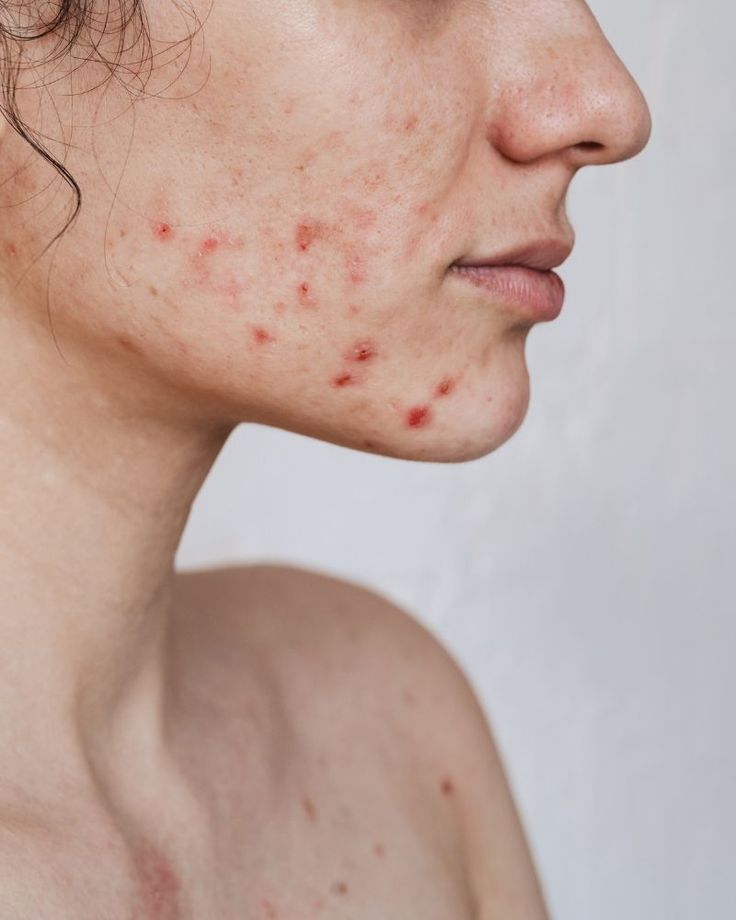In todays fasted past world, stress feels like a normal part of life. From work deadlines, family commitments to social pressure it seems to never end. Our bodies respond to stress in ways we may not even be aware of, especially when it comes to our skin. For example, have you ever noticed breakouts before a big event or dull tired looking skin after a stressful week.
Stress has a profound impact on the skin, influencing everything from acne to premature aging.
The science behind stress and skin:
When you’re stressed, your body releases a hormone called cortisol. While cortisol is essential for survival (it helps us to respond to danger) prolonged high levels can cause issues for your skin.

1: Breakouts and oily skin
Cortisol triggers your sebaceous (oil) glands to produce more oil, which can clog pores and lead to breakouts.
2: Weakened skin barrier- sensitivity and redness
Chronic stress weakens the skins protective barrier, making it more vulnerable to irritants, pollution and allergens. This can lead to increased sensitivity, redness and conditions like eczema and rosacea flare-ups.
3: Inflammation- Worsening skin conditions
Stress promotes inflammation, which can worsen skin conditions such as acne, psoriasis and dermatitis.
4: Slower healing-longer breakout recovery
Stress slows down the skins natural healing process. This means that cuts and blemishes take longer to heal.
5: Collagen breakdown-Premature Aging
High cortisol levels break down collagen and elastin, the proteins responsible for keeping skin firm and youthful. Over time, this can lead to fine lines, wrinkles, and loss of skin elasticity.
6: Dehydration and Dullness
Stress can disrupt your skins moisture balance, leading to dehydration and a dull complexion. When the skin is lacking hydration, it looks tired as less radiant.
How to protect your skin from stress
While we can’t eliminate stress completely, we can help minimise its impact on the skin with a home-care regime and lifestyle changes.
When it comes to skincare, having a specialised plan from a medical skin therapist is always key as each person’s needs are different. Things that may help stressed skin is focusing on barrier repair by incorporating ceramides and niacinamide to strengthen the skin barrier, hydration is always important incorporating hyaluronic acid to help keep the skin plump and a daily SPF is essential as stressed skin can be more vulnerable to UV damage.
Lifestyle changes that can help is getting regular exercise, as movements help to lower cortisol and boost circulation for a healthy glow.

Prioritise sleep : aim for 7-9 hours of quality sleep each night to allow your skin time to repair.
Mindfulness practices can be helpful for some people ie meditation, deep breathing or journaling can also be helpful to reduce stress levels.
Lastly focusing on nutrition can be helpful as well:
Decreases sugar and processed food, increasing antioxidant rich foods ie vegetables, fruits omega 3 rich foods
Supporting gut health: Naturopaths are great to help with this, increasing probiotic rich foods and fibre.
Final thoughts,
Your skin is a reflection of your overall well-being, and stress plays a significant role in its health. By managing stress through self-care, lifestyle adjustments, and a consistent skincare routine, you can minimise its effects and keep your skin glowing.
Next time life is feeling overwhelming, take a deep breath not just for your mind but your skin too!

Medical Skin Therapist




